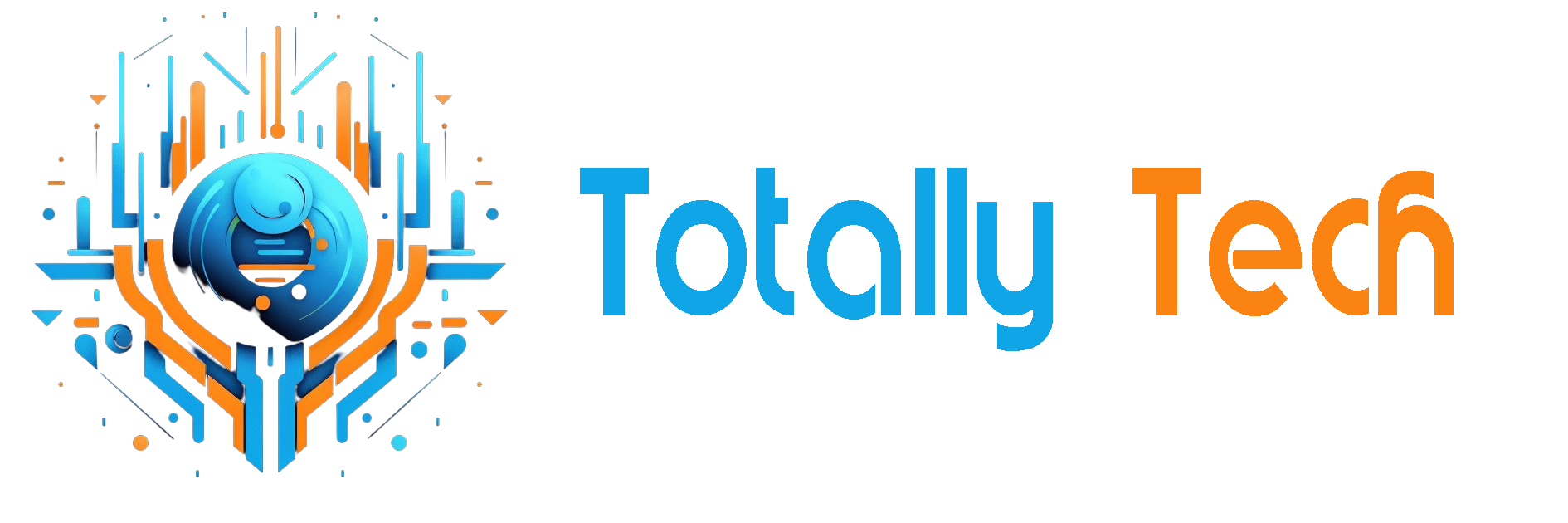
Jarek Kutylowski is the founder and CEO of DeepL, an advanced AI-powered translation tool known for its impressive accuracy and natural-sounding translations.
DeepL is on a mission to break down language barriers for businesses everywhere. Over 100,000 businesses and governments and millions of individuals in 228 global markets trust DeepL’s Language AI platform for human-like translation and better writing. Designed with enterprise security in mind, companies around the world leverage DeepL’s AI solutions that are specifically tuned for language to transform business communications, expand markets, and improve productivity. Founded in 2017, DeepL today has over 1,000 passionate employees and is supported by world-renowned investors including Benchmark, IVP, and Index Ventures.
Can you walk us through the early vision behind DeepL and how the company’s goals have evolved since its founding?
When I started the company back in 2017, we were at a turning point with deep learning. It had really started to gain traction, which inspired the name of our company. We’ve always had a vision of empowering organizations to thrive and scale globally without a language barrier standing in the way, which is still our mission today. So we had started experimenting with the technology and its application within language, and quickly saw how powerful it could be – it was clear that neural networks and AI were going to be the next big breakthrough in translation, and that what we could achieve with neural networks would far surpass existing traditional solutions.With this in mind, we decided to package our findings into a product and share it with the world.
What began as a fun project quickly evolved into something more significant. Just a few months after officially launching our inaugural product, DeepL Translate, in 2017, we had some of the most important European and German companies knocking on our door, interested in deploying our solutions. This realization about the relevance and critical importance of our product to larger organizations inspired us to dive deeper into their problems, and invest time really understanding how our technology could solve them. We built out a more concrete commercial strategy and clear monetization plans, focusing first on releasing the product to the public and figuring out the business side later. Fast forward to today, and we’ve grown considerably, expanding our team, our products, and our customer network. We now have millions of individual users of our specialized AI translation and writing tools, and over 100,000+ business and government partners worldwide, including 50% of the Fortune 500 and leaders like Nikkei (owner of the Financial Times), Coursera, Deutsche Bahn, Zendesk and more.
You founded DeepL in a field already dominated by major players like Google and Microsoft. What was your strategy to carve out a niche in such a competitive landscape?
We’ve been up against Big Tech since we first started out, which has kept us agile, innovative, and motivated to offer our users the best solution out there. But I challenge anyone claiming they’ve solved the challenge of language for business and enterprise-use-cases with general models – this is where DeepL stands out and is really unique in the world of Language AI and translation.
We’re different from general-purpose AI systems in that we’ve built our AI translation and writing solutions to be specialized for language use-cases; this specialization enables us to achieve higher accuracy and precision while minimizing hallucinations and misinformation. It’s one thing to translate a menu while you’re on vacation – but most of our customers are businesses and knowledge workers, where the stakes are much higher. Imagine a lawyer who needs to translate highly nuanced, critical, and confidential legal documents; or a major media publisher who relies on our platform to translate thousands of stories a day, in real time, that are then distributed to millions of global readers. These complex use cases demand a level of accuracy, customization, data privacy, and security that general models can’t provide. Data protection and security are also central to our offering, so we adhere to the highest privacy and security standards including all GDPR requirements, offering state-of-the art data encryption and more.
DeepL has recently launched its first in-house LLM. How does this model differ from other large language models in the market, and in what context is it considered superior?
Our next-generation translation models are powered by proprietary LLM technology designed specifically for translation and editing, which sets it apart from other models on the market and sets a new industry standard for translation quality and performance. Unlike general-purpose models that rely solely on public Internet data, DeepL’s LLM benefits from over seven years of proprietary data curated specifically for content creation and translation. It also uses human model tutoring, with thousands of hand-picked language experts who are trained to refine and enhance the model’s translation quality.
Because of this, we’re proud that DeepL is widely considered to be the most reliable and preferred Language AI solution for businesses and professionals out there. In blind tests, professional translators have found that our next-generation LLM requires significantly fewer edits than other platforms, with Google and ChatGPT requiring between two and three times as many edits to get the same quality.
Can you explain the process behind training DeepL’s LLM? How much human input is required to maintain accuracy and nuance in translation, and how do you balance that with the computational aspects of AI development?
We train our LLM on a combination of highest-quality linguistic data, as well as the expertise of thousands of hand-picked language experts. This two-pronged approach, combining both computational aspects with human feedback, allows us to support our customers at scale while also ensuring that the quality and nuance of our translations remain on point. Human input is really crucial, primarily in data curation, quality assessment, and providing feedback for continuous improvement. DeepL’s translation quality just wouldn’t be where it is without this aspect.
DeepL has recently expanded into 165 new markets and added support for three new languages. What was the strategic thinking behind targeting these markets and languages, and how has the expansion impacted DeepL’s user base?
Language is a global problem that touches businesses across almost every industry – whether they’re facing language barriers internally among colleagues, or externally with customers and in diverse markets where they operate. And as a research-led company, everything we do is informed by our mission to break down language barriers, and the feedback we’re hearing from customers and businesses. Our decision to expand the availability of our products – DeepL Pro is now available across 228 global markets – and add new language capabilities, like the recent launch of Traditional Chinese, is rooted in our mission to break down these barriers, guided by customer feedback and market research.
We are at an exciting moment in AI, where adoption is not just a trend but a necessity. Companies are ready to embrace AI but are looking for technology that delivers real value and ROI, and we’re proven to drive significant impact – a 2024 Forrester study revealed that the use of DeepL delivered 345% ROI for global companies, reducing translation time by 90% while driving a 50% in workload reduction. By growing our reach and capabilities, we can deliver these real-world benefits to even more markets, people, and businesses. Take Traditional Chinese, for example – it’s the primary language for over 33 million people worldwide. So this is really driving the scale of our business and helping us to meet rising demand globally. Today, we have a network of over 100,000+ business customers, and it’s growing fast.
With over 100,000 customers, including major organizations like Deutsche Bahn and Zendesk, what are the primary challenges and opportunities you’ve encountered while scaling to meet enterprise and governmental needs?
When we’re in the room with a customer, they’re clear on the value and ROI we can provide to them – – even in the US, where you might think English is the only language spoken, most companies operate with multilingual teams and navigate the complexities of a global marketplace. A lot of people forget that! The value and impact of our specialized AI translation tools and writing services is clear. So it’s not a question of whether they should implement language AI tools, but one interesting question we do hear a lot from enterprises is around the personalization capabilities of our service.
Enterprises often adhere to specific brand guidelines and require AI solutions that reflect their unique brand voice and industry terminology. They want to be able to communicate consistently, both internally and externally, at scale – whether they’re writing something or translating a document, they want the content to sound like something they’ve written themselves, in their specific brand style. At DeepL, we’ve designed our tools with this in mind and offer a variety of more interactive, customization features including DeepL Glossary, which allows businesses and professionals to customize translations for specific words and phrases; as well as features like tone setting and more. This level of fine-tuning and the ability to make the content their own is something that is really important to our customers.
As DeepL expands and its AI models are used more broadly, what are some of the key ethical considerations you prioritize when developing language AI systems, particularly when handling sensitive or confidential information?
Any organization considering AI tools should always ask these questions when evaluating models and companies. Many AI solutions do not provide adequate security, often share user data with third parties, and train their AI models on user text, creating mistrust and making many users hesitant to use these tools with work-related documents. As I touched on earlier, DeepL takes a different approach – security is core to our mission and product offering.
Our customers come from a wide range of industries, including highly regulated sectors such as financial services and legal, and the confidentiality and security of their data is essential. It’s core to our product offering that we adhere to the highest enterprise-grade privacy and security standards to protect user data, including state-of-the-art data encryption and GDPR, ISO 27001 and Soc2 Type 2 compliance. We also do not use any text from our subscribers to enhance or train our AI models, understanding that many of our users translate sensitive information.
What can we expect next from DeepL in terms of product development? Are there any major features or innovations that you’re particularly excited about?
We’re a research-driven AI company focused on innovating with purpose, and our purpose is to solve the language problem for people and businesses everywhere. Looking to the future, we’ll continue to incorporate customer feedback into our development and focus on expanding the capabilities of our Language AI platform to make it an even more comprehensive solution for all language-related business needs. A lot of what we’re hearing from customers today is that the more interactivity and personalization we can provide, the better. So expanding our features and functionality to address this is a really interesting area for us, looking at how to make the DeepL experience even more dynamic and engaging for our users.
In the next 5 to 10 years, where do you see DeepL’s technology fitting within the broader AI landscape, especially as AI continues to rapidly evolve?
5 years is really a long time for AI development so to me what really matters is the next 12 months! We are working on bringing the same revolution and disruption that we did with written language to other multimodal capabilities, which I am excited about.
Thank you for the great interview, readers who wish to learn more should visit DeepL.
The post Jarek Kutylowski, Founder & CEO of DeepL – Interview Series appeared first on Unite.AI.



